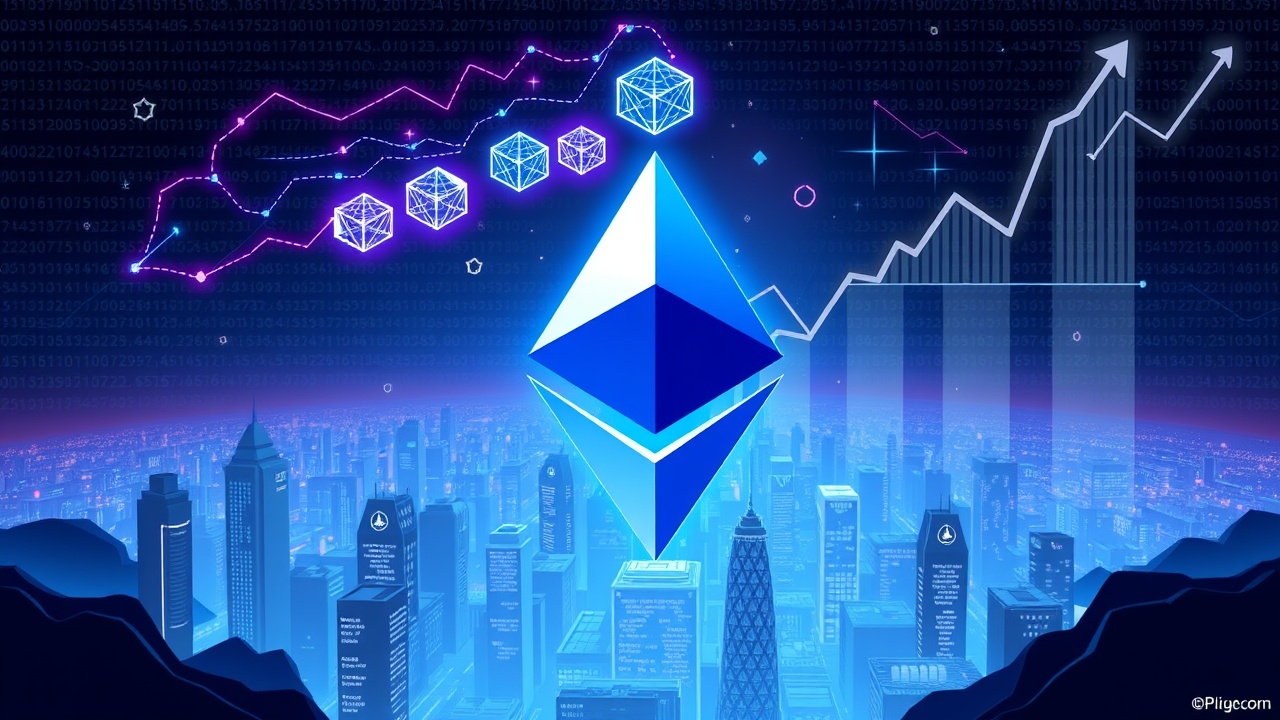Introduction to Ethereum R1
A team of independent developers from the Ethereum ecosystem has unveiled Ethereum R1, a new layer-2 scaling solution for the Ethereum blockchain that notably operates without its own native token. This initiative is built on community contributions rather than venture capital funding, with no pre-mined token allocations or governance tokens, representing a stark departure from many current solutions in the space.
Vision and Philosophy
“General-purpose L2s should be commodities — simple, replaceable, and free from centralized dependencies or risky governance. Ethereum R1 is our answer to that call — the rollup grounded in credible neutrality, decentralization, and censorship resistance.”
In a recent post on May 1, the team emphasized their vision for Ethereum R1. They expressed a growing unease within the Ethereum community regarding existing layer-2 implementations, which many see as resembling independent layer-1 blockchains rather than serving purely as scaling solutions. This trend is characterized by centralized governance and preferential token allocations, diverging from Ethereum’s foundational ethos.
Concerns and Upcoming Changes
The concerns about the current trajectory of layer-2 solutions coincide with Ethereum’s upcoming Dencun upgrade, set to be released in March 2024, which aims to significantly reduce fees for these networks. The repercussions of this upgrade are evident, as by September, revenue generated by Ethereum’s base layer had plummeted by 99%. This drastic decline in usage has driven transaction costs down to an average of about $0.16 — a five-year low — reflecting a stark decrease in demand for the base layer’s block space.
Economic Implications and Diverse Solutions
As fees on Ethereum fluctuate based on demand, some critiques suggest that such a model might create disincentives for the base layer, inadvertently encouraging layer-2 solutions to flourish at its expense. However, supporters of Ethereum’s diverse layer-2 landscape argue that this multifaceted approach is a vital advantage over more rigid, monolithic blockchain structures. Anurag Arjun, the co-founder of Avail, a unified blockchain solution, highlighted that Ethereum’s strategy enables users to select from a broad range of high-throughput chains, diverging from the less adaptable frameworks of traditional blockchain protocols.




